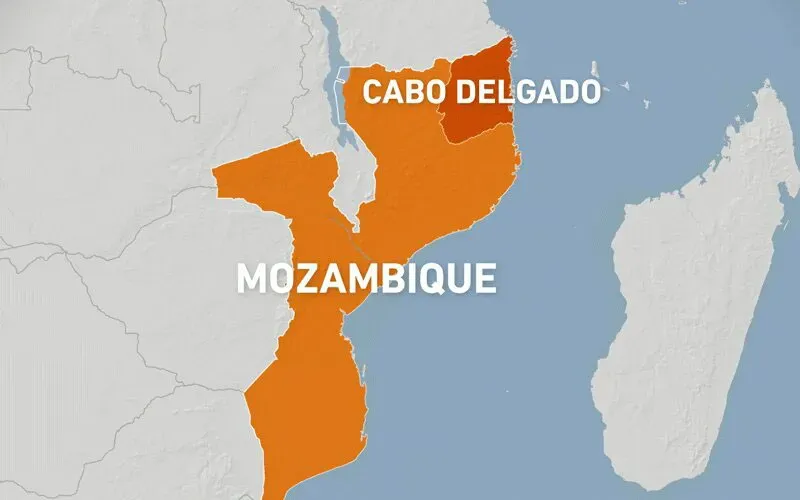According to the official of DHPI, a peace initiative by the Southern African Catholic Bishops’ Conference (SACBC), there are cases where the sea voyage lasts 10 days.
“Without assistance and without a clear destination, some displaced remain on the beach in Paquitequete for a week, while trying to locate family members,” Mr. Viljoen says, adding that those who cannot locate family members and are not forwarded to the transit or resettlement centers end up staying longer at the beach.
At the beach, the displaced people seeking refuge cope “without the minimum conditions for survival,” he says in the DHPI report.
Mr. Viljoen further says that there are at least 30 people who have been on Paquitequete beach for more than three months.
Meanwhile, Tanzanian authorities continue to refuse entry to civilian refugees fleeing the fighting in Cabo Delgado region, according to the June 7 report by DHPI leadership.
Last month, the organization reported that the displaced people were unable to understand why they were being turned away by Tanzanian authorities while there was evidence that militants responsible for attacks in the north were freely crossing over to the southern parts of the East African country.
“There is mounting speculation among civilians in Cabo Delgado that either Tanzania is failing to act or the country’s authorities are supporting the ongoing insurgency in her neighbor, Mozambique,” Mr. Viljoen told ACI Africa in an interview last month.
This was after images appeared of a group of militants who were crossing into the Namoto forest in the southern part of Tanzania.
The official of the peace and charity organization, which is providing humanitarian support to displaced refugees in the Catholic Archdiocese of Nampula and the Diocese of Pemba added, “People in Cabo Delgado are wondering why they are not allowed to enter Tanzania yet the insurgents have been spotted entering the country with impunity. Apparently, Tanzanian authorities are allowing the militants to pass without any obstacles.”
In the June 7 message, Mr. Viljoen makes reference to a report by United Nations High Commission for Refugees (UNHCR) that indeed, Tanzania refused asylum to some 3,800 Mozambicans fleeing armed attacks in Palma, Cabo Delgado, during the month of May.








